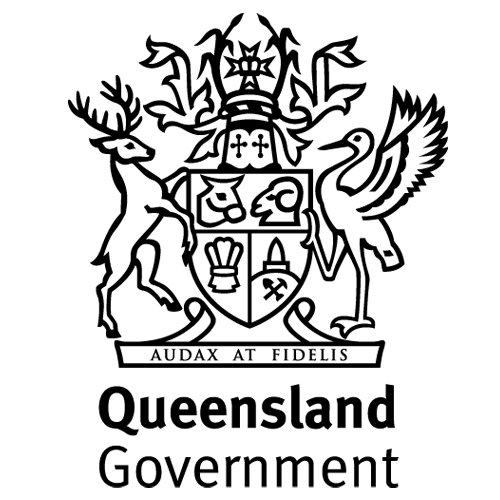Useful Professional Organisations
Queensland Radiation Health
Radiation Health is the government’s radiation safety agency. It has statewide policy, licensing and legislative responsibility for radiation health standards and radiation safety. Radiation Health is part of the Health Service and Clinical Innovation Division. It provides scientific and technical advice to all Queenslanders on all ionising and non-ionising radiation safety matters in the interest of minimising health risks and protection of the environment.
Radiation Health administers Queensland’s Radiation Safety Act 1999 and the Radiation Safety Regulation 2010, which regulates some sources of ionising and non-ionising radiation.
Australasian Radiation Protection Society (ARPS)
The Australian Radiation Protection Society was founded in 1975 and has more than 250 members engaged in radiation protection activities. Members are engaged in a variety of activities designed to ensure the safe use of both ionizing and non-ionizing radiation for a wide variety of applications, in medicine, pure and applied science, industry and mining. The Society was renamed the Australasian Radiation Protection Society in 1997 to reflect the increasing involvement of members from outside of Australia, particularly from New Zealand.
ARPS is an Associate Society of the International Radiation Protection Association (IRPA).
The primary objective of the Society is to promote the principles and practice of radiation protection, and to this end it seeks to:
* establish and maintain professional standards of radiation protection practice
* encourage co-operation among persons engaged in radiation protection activities
* provide for and give support to scientific meetings on topics related to radiation protection
* encourage publications in the field of radiation protection.
South Pacific Environmental Radiataion Association (SPERA)
The purpose of SPERA is to provide a forum to encourage and facilitate communication among scientists in the field of environmental radioactivity. Through SPERA scientists from different disciplines and organisations from the South Pacific region, and countries world wide, can discuss and debate the origins and behaviour of natural and anthropogenic radionuclides in the environment; their radiological consequences and the practices required to minimise these; and their application to the understanding of natural processes.





